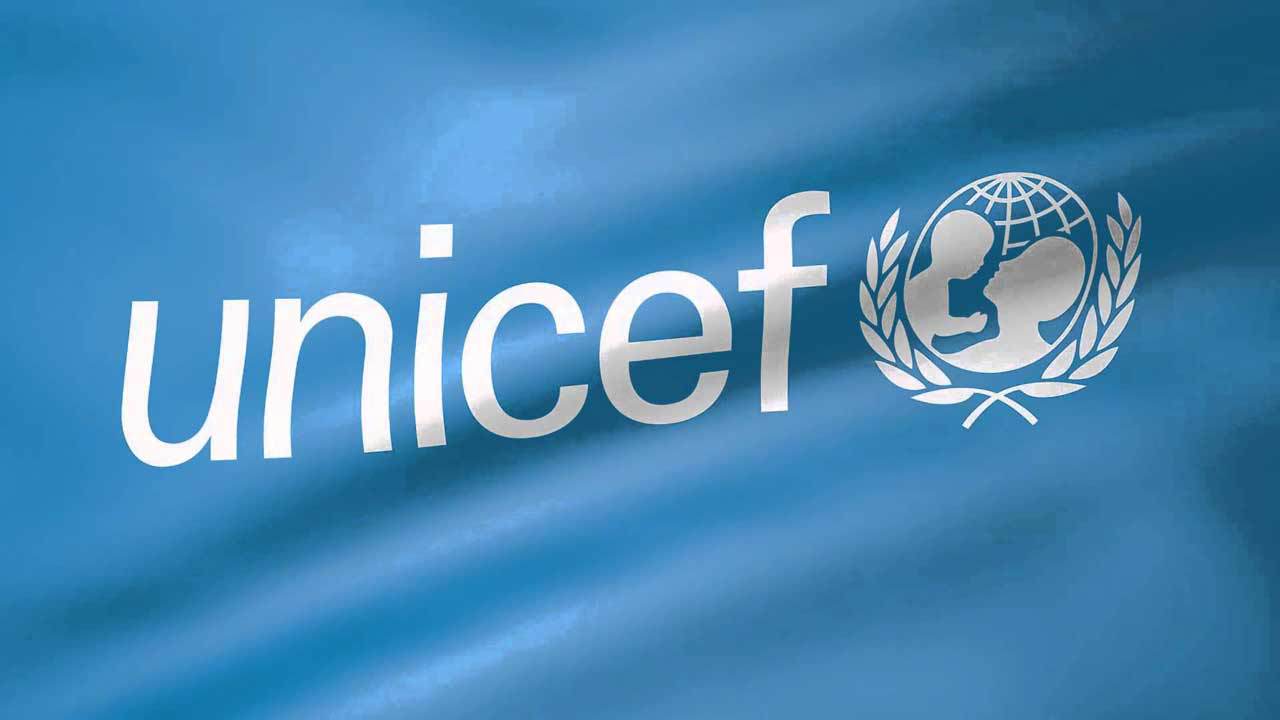Afghanistan’s children have always been its greatest hope for the future. But today, too many of those dreams are being stolen by hunger. Malnutrition has quietly become one of Afghanistan’s most urgent emergencies to address.
That is why today UNICEF, with support from the UK Government, and in partnership with Afghan communities, are launching the First Foods Afghanistan Initiative to raise awareness of the importance of young children’s diets.
In Afghanistan this year, 3.5 million young children are acutely malnourished and are underweight because they are not receiving enough calories and nutrients in their diet.
New analysis from UNICEF’s 2025 Child Food Poverty Report also shows that a staggering 90% of children under two years live in food poverty in Afghanistan. This means that they are eating only four out of eight essential food groups for healthy growth and development daily. Half of children live in severe food poverty – eating only two food groups per day.
This is a crisis of silent suffering: children living in food poverty are much more likely to be malnourished, and in turn to suffer impaired physical and cognitive development, which cannot be reversed. The causes are complex: inadequate diets, poor feeding and caregiving practices, and limited access to nutrition, health, water, sanitation and hygiene services. But the consequences are clear – and devastating. International support is focused mainly on malnutrition treatment services – where children are provided with specially produced nutritious foods to help them gain weight. But a critical gap remains – local foods are not being produced in Afghanistan with the diets of young children in mind, to stop them from becoming malnourished in the first place.
The First Foods Afghanistan Initiative is a partnership-driven, nationwide effort to reach 1.7 million children across all 34 provinces through a systems-based approach to ending child food poverty. The First Food Initiative promotes local, women-led, and home-grown solutions – such as increasing the production, and use of eggs, vegetables, and animal-source products as well as specialised food supplements – to make sure that children’s first foods are nutritious and available.
First Foods Afghanistan will work closely with local communities and key partners – including World Food Programme, Food and Agriculture Organisaiton, World Health Organisation, the World Bank, Asian Development Bank, NGOs and private sector actors – to ensure coordinated, sustainable action to improve access to and consumption of nutritious foods.
Our message to community leaders and decision-makers is clear: your leadership is essential. Every child deserves access to nutritious foods as well as the right care, and every mother and health worker – especially women – must be empowered to deliver these so no child suffers.
We stand ready alongside Afghan communities, health workers, and international partners to act. Together, we can save lives and build a healthier, more hopeful future.

